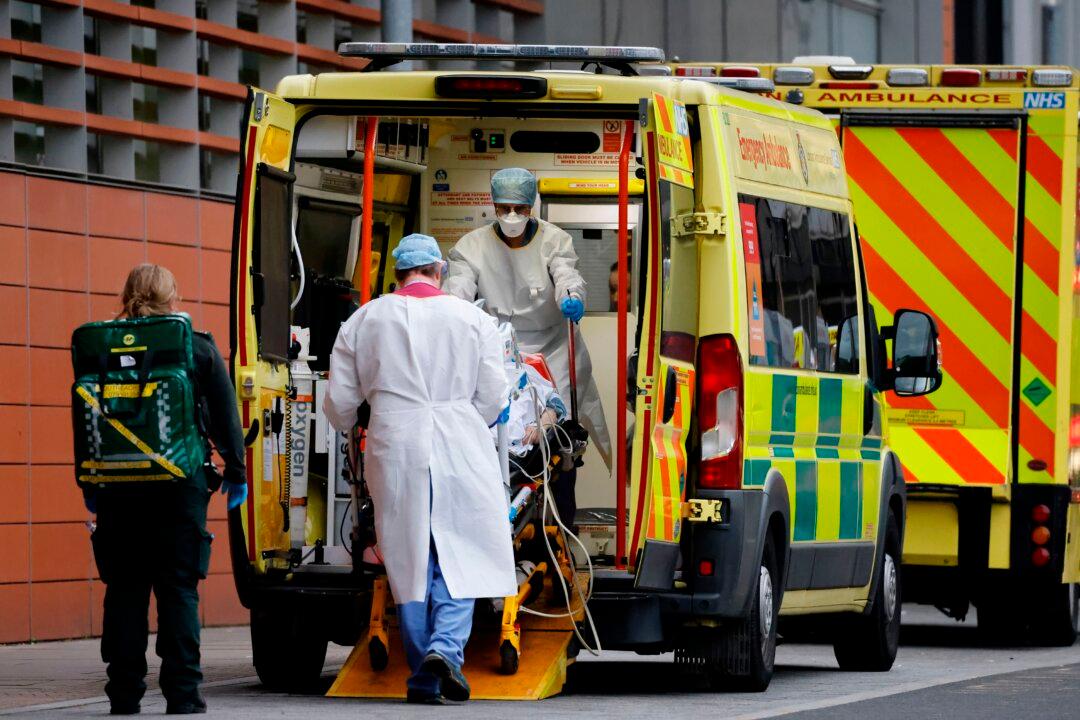Britain needs to be “learning to live with” a level of the CCP virus that is similar to that of regular ‘flu, UK scientists said on Wednesday.
Asked during a Science and Technology Select Committee hearing what sort of risks, including death rates, would be “acceptable” to live with, head scientific adviser to the Ministry of Defence professor Angela McLean said, “Other infectious diseases that we put up with are probably a reasonably good starting point.”





